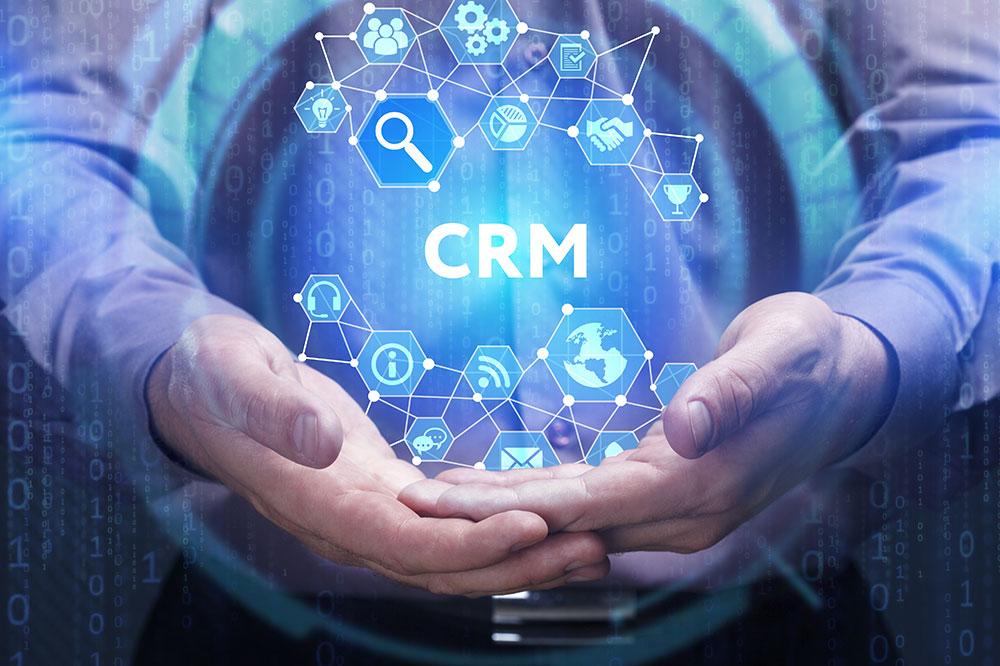
What is a CRM Software
The full form of CRM is a customer relationship management system is designed to engage and build customer relationships. CRM has helped organizations maintain and manage their customer data and use it for a better customer experience. From small businesses to large enterprises, everyone depends on CRM software solution to create long-term relationships with their clients. Customer management is a dynamic process. Companies cannot rely on information collected in the past to manage their customers. Since information changes rapidly, CRM software provides accurate and convenient solutions to keep organizations updated with current market trends.
Features
CRM software should be aligned to business needs and match organization strategies. When seeking a CRM system, you should look for these features: –
- Workflow automation
CRM system help in minimizing workload by bridging gaps in the current system. By workflow automation, your system would automatically act and take care of tiny details that are difficult to manage manually.
- Customer data management
The primary task of CRM software is to manage customer information in the best possible manner. CRM systems should allow businesses to organize data concisely, which ultimately leads to better customer relationships.
- Reporting
Reporting allows companies to analyze the data and take actions accordingly. It is an important feature to understand customer needs and provide them with results as per their expectations.
- Customization
With the help of customization, companies will have software typically meeting their business needs and budget. Learning new software is not easy, and customization reduces the learning curve.
- Third-party integration
Your current system may not have all the required features to manage data. Third-party integration provides customers with a wider range of tools and features within their current CRM without spending extra time entering data or money for additional tools.
Cloud vs on-premise CRM
Companies deciding on which CRM to use is one thing. But there are other aspects of the decision, like choosing cloud-based CRM or going for an on-premise CRM system. Many businesses juggle between the two choices due to lack of clarity and postpone buying software that will lead to higher productivity.
- Hosting
The main difference between the two is hosting or where the system is located. The cloud-based system is hosted on a provider server, whereas on-premises is hosted on the company’s office server.
- Installation
On-premises system is installed directly on every user system, and cloud-based requires no installation.
- Pricing
On-premises require large one-time investments. A cloud-based system charges a low monthly fee.
- Management
Cloud-based CRM can be managed remotely from anywhere. In the case of on-premises CRM, the company is responsible for the management and handle upgrades.
Fee or charges
Every business wants to run its operations at zero cost, and there is nothing better than free CRM. Though there are options available that allow businesses to improve their efficiency at no cost, it also limits the features and functionality.
CRM software can price from $10 to $250 or even more depending on your business needs. CRM companies charge their clients on a monthly and per user basis. Renowned CRM service providers even offer a 30-day trial period for new customers so that they can test and know if their solution meets their business requirements.
Top Leaders in CRM software
Salesforce, Zoho, Freshworks, Hubspot, Keep are some names that are highly spoken in the CRM software industry.
Though every company offers a different solution to customers, their primary focus is on automating processes and customer management solutions for a better customer experience.
CRM technology is changing rapidly. In recent times, it has become sophisticated and allows a wider range of integrations. In the coming years, CRM will grow significantly, and with the emergence of AI (Artificial Intelligence), it is expected to grow further.




